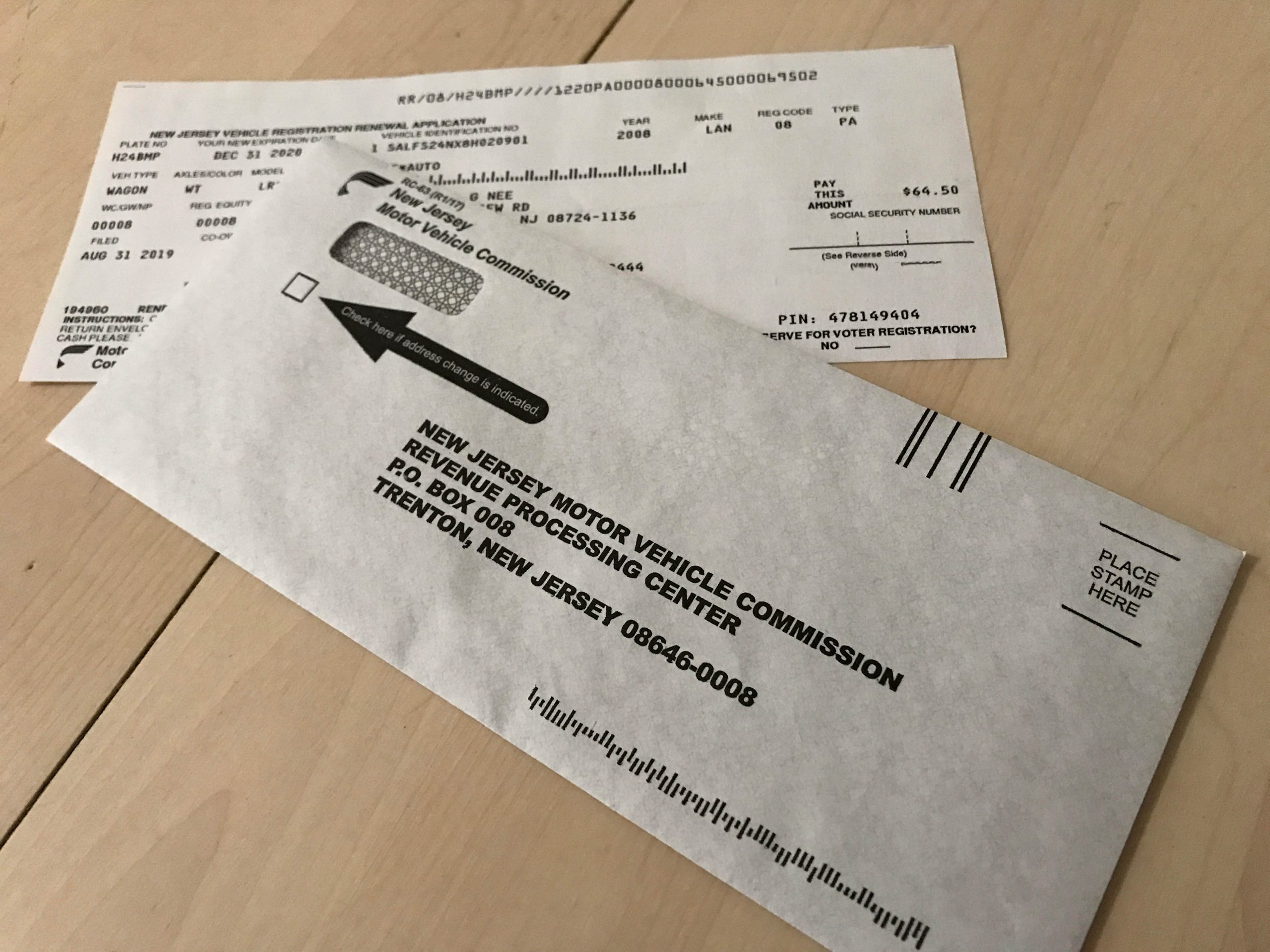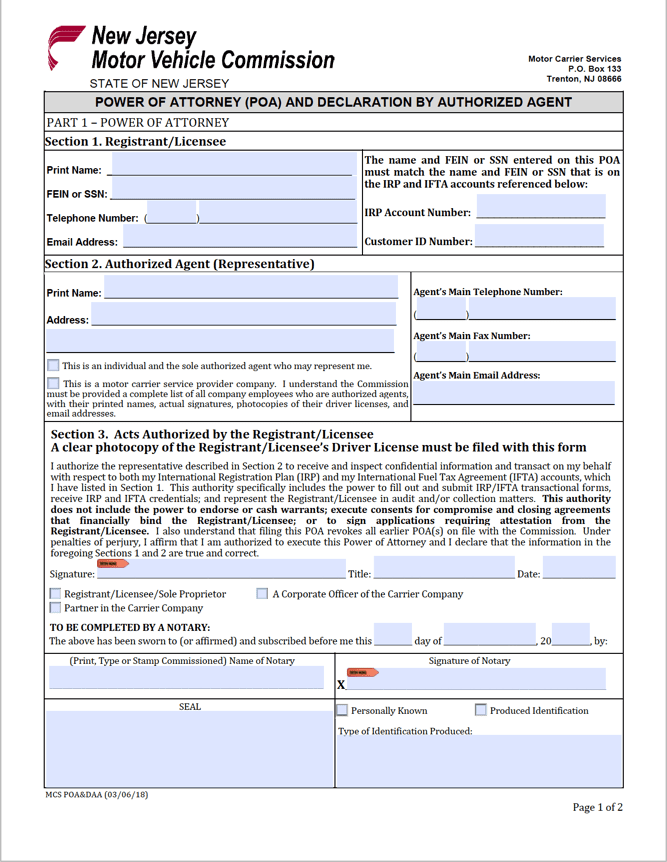Hey there, fellow road warriors! If you're diving into the world of motor vehicle NJ, you're in for quite the adventure. Whether you're a new driver or a seasoned pro, navigating the ins and outs of New Jersey's motor vehicle scene can be a wild ride. From registration to safety checks, this state has its own set of rules that every driver needs to know. So, buckle up, because we're about to take a deep dive into everything you need to know about motor vehicles in the Garden State!
Now, before we kick things off, let me tell you why this matters. If you're living in or moving to New Jersey, understanding the motor vehicle system isn't just a nice-to-have—it's essential. The Motor Vehicle Commission (MVC) here has some pretty specific requirements, and missing out on even one detail could cost you time, money, or both. So, let's get it right the first time, shall we?
One more thing before we dive deeper—this isn't just another boring guide. We're going to break it down in a way that's easy to understand, filled with actionable tips, and packed with all the info you need to stay compliant and safe on the road. Ready? Let's go!
Read also:Uk Banks Accused Of 12 Billion Tax Fraud Europes Largest Financial Scandal
Table of Contents
- Introduction to Motor Vehicle NJ
- Overview of NJ Motor Vehicle Commission (MVC)
- The Registration Process for Motor Vehicles
- Licensing Requirements in New Jersey
- Insurance Regulations for NJ Drivers
- Importance of Safety Inspections
- Emissions Testing: What You Need to Know
- Penalties for Violating Motor Vehicle Laws
- Top Tips for NJ Drivers
- Useful Resources for Motor Vehicle Owners
Introduction to Motor Vehicle NJ
Alright, so what exactly does "motor vehicle NJ" mean? Simply put, it refers to all the rules, regulations, and processes governing vehicles in the state of New Jersey. From cars and trucks to motorcycles and even scooters, the NJ MVC has guidelines that apply to everyone who drives in the state. And trust me, these rules aren't something you want to mess around with.
One of the coolest things about the NJ MVC is how they've modernized their processes. Gone are the days of long lines and hours spent waiting at the office. Nowadays, you can handle a lot of stuff online, from renewing your license to scheduling inspections. But don't worry—we'll get into all that later.
Overview of NJ Motor Vehicle Commission (MVC)
The New Jersey Motor Vehicle Commission (MVC) is basically the big boss when it comes to all things related to driving in the state. They're responsible for everything from issuing driver's licenses and vehicle registrations to enforcing traffic laws and collecting fees. Think of them as the gatekeepers of the Garden State's roadways.
Here's a quick rundown of what the MVC handles:
- Driver's licenses and permits
- Vehicle registration and titling
- Traffic violations and penalties
- Safety and emissions inspections
- Insurance requirements
And yes, they've got a website where you can do a ton of stuff online. But if you're old-school and prefer face-to-face interactions, there are plenty of MVC offices scattered throughout the state.
Read also:Us Cities That Offer Affordable House Rents And Budgetfriendly Living
Why the MVC Matters
The MVC isn't just some bureaucratic entity—it's your partner in staying safe and legal on the road. By following their guidelines, you're not only protecting yourself but also contributing to the overall safety of the community. Plus, who wants to deal with the hassle of fines and penalties, right?
The Registration Process for Motor Vehicles
Registering your vehicle in New Jersey is a crucial step in becoming a legit driver in the state. The process might seem intimidating at first, but once you break it down, it's actually pretty straightforward. Here's how it works:
First off, you'll need to gather some documents. This includes your proof of ownership (like a title), proof of insurance, and a completed application form. Once you've got all that, you can either register your vehicle online or visit an MVC office.
Now, here's the kicker—New Jersey charges a registration fee based on the weight of your vehicle. So, if you're driving a big ol' truck, expect to pay a bit more. But hey, it's all worth it to have that peace of mind knowing you're fully compliant.
Common Issues During Registration
Sometimes, things don't go as smoothly as you'd like. Here are a few common issues people run into during the registration process:
- Missing or incomplete paperwork
- Out-of-state titles that need to be transferred
- Insurance verification delays
But don't stress—most of these issues can be resolved with a little patience and persistence. Just make sure you've got all your ducks in a row before heading to the MVC.
Licensing Requirements in New Jersey
Now let's talk about getting your hands on that coveted driver's license. In New Jersey, the licensing process varies depending on your age and experience level. For new drivers, there's a graduated licensing program that helps ease you into the world of driving.
Here's a quick breakdown:
- Permit stage: You'll need to pass a written test and vision screening to get your permit.
- Probationary license: After holding your permit for six months and completing driver's ed, you can take the road test.
- Full license: Once you've completed the probationary period, you'll be eligible for a full license.
And let's not forget about the restrictions. During the probationary period, there are limits on when and where you can drive, as well as who can be in the car with you. But don't worry—these restrictions are there to keep you safe while you build your skills.
Special Licenses and Endorsements
Depending on what kind of vehicle you plan to drive, you might need a special license or endorsement. For example, if you're driving a commercial vehicle or a motorcycle, you'll need to take additional tests and meet specific requirements. It's all about making sure you're qualified to handle whatever you're driving.
Insurance Regulations for NJ Drivers
Insurance is one of those things you can't afford to skimp on when it comes to motor vehicles in New Jersey. The state has strict requirements for minimum coverage, and if you're caught driving without insurance, you're looking at some hefty fines and penalties.
Here's what you need to know:
- New Jersey requires all drivers to carry liability insurance.
- You'll also need to have uninsured/underinsured motorist coverage.
- Personal injury protection (PIP) is mandatory as well.
And don't forget to keep your insurance info handy. You'll need to provide proof of insurance when you register your vehicle, and you should always have it with you when you're driving.
Shopping for Insurance
With so many insurance companies out there, it can be tough to know where to start. Here are a few tips for finding the right policy:
- Compare quotes from multiple providers.
- Look for discounts based on safe driving, good grades, or bundling policies.
- Read reviews and check the company's reputation.
Remember, the cheapest policy isn't always the best option. Make sure you're getting adequate coverage for your needs and budget.
Importance of Safety Inspections
Safety inspections are another key component of the motor vehicle NJ system. These inspections ensure that your vehicle is roadworthy and meets all the necessary safety standards. And trust me, you don't want to skip this step.
During an inspection, a certified technician will check things like your brakes, tires, lights, and exhaust system. If everything checks out, you'll get a sticker that needs to be displayed on your windshield. If not, you'll need to make the necessary repairs before you can pass.
And here's the kicker—driving without a valid inspection sticker is a big no-no. Not only can you get fined, but you're also putting yourself and others at risk by driving an unsafe vehicle.
Preparing for Your Inspection
There are a few things you can do to increase your chances of passing the inspection:
- Check your tire pressure and tread depth.
- Make sure all your lights are working properly.
- Inspect your brakes for wear and tear.
By taking care of these basics ahead of time, you'll save yourself a lot of hassle—and maybe even a few bucks—down the road.
Emissions Testing: What You Need to Know
In addition to safety inspections, New Jersey also requires emissions testing for certain vehicles. This test checks your vehicle's exhaust emissions to ensure they meet environmental standards. And yes, failing this test can prevent you from registering your vehicle.
Here's how it works:
- Most vehicles manufactured after 1996 are subject to emissions testing.
- Tests are conducted at certified inspection stations throughout the state.
- If your vehicle fails, you'll need to make repairs and retake the test.
And don't worry—if you're driving an older vehicle or a classic car, there might be some exemptions. Just be sure to check the specifics for your situation.
Why Emissions Testing Matters
Reducing vehicle emissions is crucial for improving air quality and combating climate change. By ensuring that vehicles meet emissions standards, New Jersey is doing its part to create a healthier environment for everyone. So, while it might seem like just another hoop to jump through, it's actually a pretty important step in the grand scheme of things.
Penalties for Violating Motor Vehicle Laws
Now, let's talk about the not-so-fun part—penalties for breaking the rules. Whether it's driving without a license, failing to register your vehicle, or ignoring safety inspections, there are consequences for not following the motor vehicle NJ regulations.
Here's a glimpse of what you could be facing:
- Fines ranging from $50 to $500, depending on the violation.
- Points added to your driving record, which can lead to higher insurance premiums.
- License suspension or revocation in severe cases.
So, it's pretty clear that playing by the rules is in your best interest. Not only will you avoid these penalties, but you'll also be setting a good example for other drivers on the road.
How to Avoid Penalties
Staying compliant with motor vehicle laws doesn't have to be rocket science. Here are a few tips to keep you on the right side of the law:
- Stay up-to-date with your registration and inspections.
- Always carry proof of insurance and registration in your vehicle.
- Follow traffic laws and drive safely.
By taking these simple steps, you'll be well on your way to avoiding any unnecessary headaches.
Top Tips for NJ Drivers
Now that we've covered the basics, let's wrap things up with some top tips for drivers in New Jersey:
- Take advantage of online services offered by the MVC to save time and hassle.
- Stay informed about changes in motor vehicle laws and regulations.
- Invest in a good insurance policy that meets your needs and budget.
- Practice safe driving habits to protect yourself and others on the road.
Remember, being a responsible driver isn't just about following the rules—it's about being a good citizen of the road. So, keep these tips in mind and you'll be cruising through New Jersey in no time!
Useful Resources for Motor


